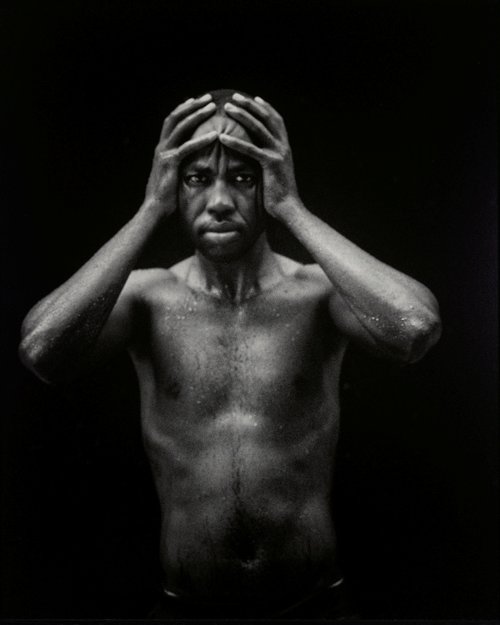-
Details
- Dates
- 2023
printed 2024 - Media category
- Photograph
- Materials used
- pigment photographic print
- Edition
- 1 of 5 + 2AP
- Dimensions
- 165.0 x 132.0 cm
- Credit
- Purchased with funds provided by the Contemporary Collection Benefactors and the Photography Collection Benefactors 2024
- Location
- Not on display
- Accession number
- 4.2024.1
- Copyright
- © Hoda Afshar
- Artist information
-
Hoda Afshar
Works in the collection
- Share
-
-
About
Hoda Afshar is one of Australia’s most innovative and unflinching photomedia artists. Deeply engaged with the politics of image-making, her practice is a form of activism as much as an artistic inquiry. Through work that is emotionally sensitive yet morally resolute, Afshar doesn’t simply alert us to injustice, she compels us to care.
Iranian-born, Melbourne-based Afshar has long been attentive to the way images shape our understanding of the world. She knows all too well how the camera has been used as an agent of control and how photography is implicated in histories of imperialism. As a countermove, Afshar uses the camera to tell stories from the inside and impart visibility to those from whom it has been denied. All the while, she remains aware of the ethical implications at play, establishing a dynamic tension between what is revealed to and concealed from the viewer.
Afshar’s body of work 'In turn' was made in response to the feminist uprising that began in Iran in September 2022, following the death of 22-year-old Mahsa Jina Amini who had been arrested by Iran’s morality police for not wearing the hijab properly. Afshar’s monumental photographs, made a year later, are a tribute and a testament to collective action and collective grief.
The women in the photographs are, like Afshar, Iranian Australians who have watched the protests unfold from afar. Dressed in black, they cluster together and braid each other’s hair. This is a direct allusion to the images on social media of women in Iran defiantly discarding the veil, and also to a practice common among Kurdish female fighters who plait each other’s hair before heading into battle against the Islamic State. With their faces mostly hidden from view and their backs turned, Afshar’s subjects are surrogates for their brave sisters in Iran. The doves anchor the analogy; when protesters are killed in Iran, family and friends release birds into the sky. The twines of a plait are referred to as pichesh-e-moo in Farsi, meaning the turn or fold of the hair. A revolution is a turning point, but it is never without loss.
-
Bibliography
Referenced in 1 publication
-
Hoda Afshar: A Curve is a Broken Line, Sydney, 2023, front & back cover (colour illus., detail); 26 & 237 (colour illus.).
-



